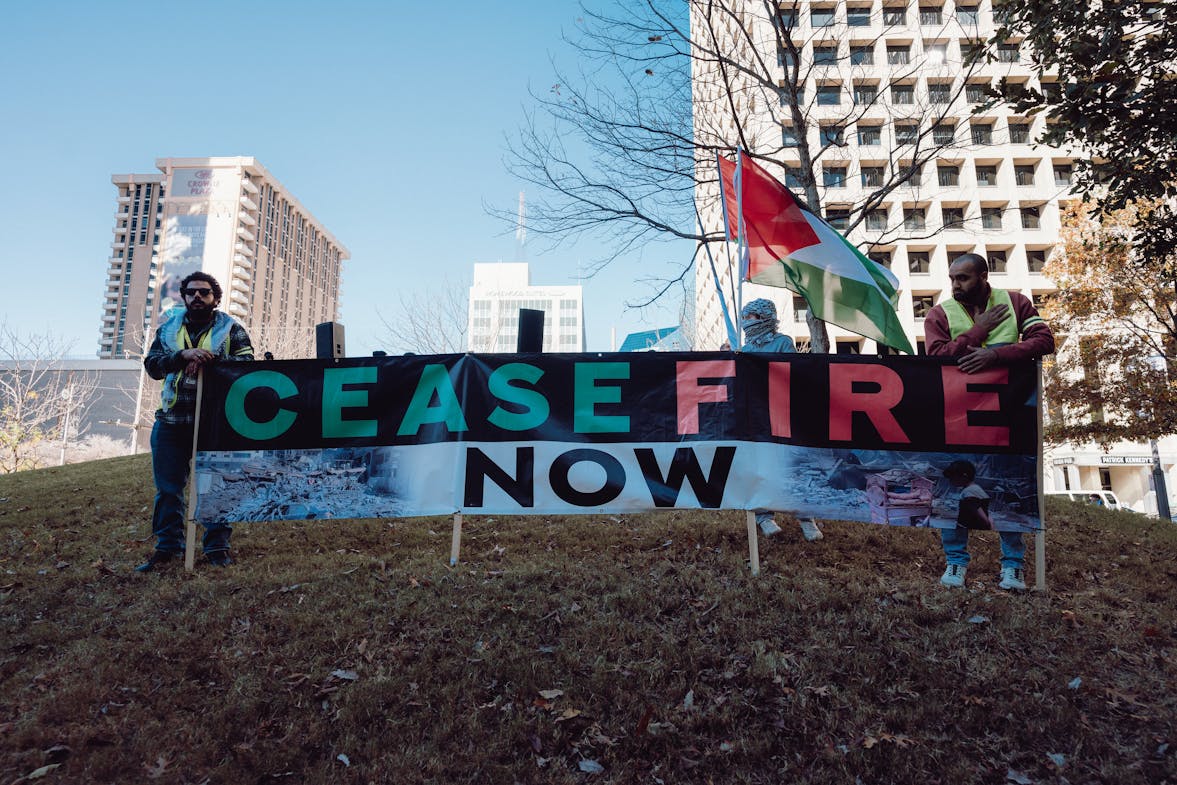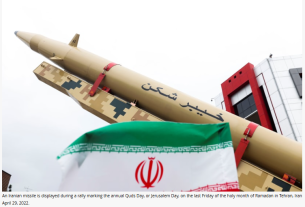In a significant development for the Middle East, Israel has officially agreed to a ceasefire with Lebanon’s Hezbollah, a major step in de-escalating the violence between the two parties. The deal, which was brokered with the support of the United States, has raised questions about the feasibility and necessity of similar peace efforts in Gaza, where hostilities between Israel and Hamas continue to devastate the region.
The announcement of a ceasefire between Israel and Hezbollah is seen as a critical moment in the ongoing conflict, offering a glimmer of hope for the possibility of broader peace in the region. The agreement focuses on halting military action and de-escalating tensions along the Israeli-Lebanese border, following a significant rise in cross-border violence. While this development has been widely welcomed by the international community, many experts are urging that similar efforts be made to address the escalating violence in Gaza.
The Importance of a Ceasefire in Gaza
For many advocates of peace in the Middle East, the need for a ceasefire in Gaza has been apparent for months. The ongoing conflict between Israel and Hamas has resulted in a catastrophic loss of life, widespread destruction, and a humanitarian crisis of unprecedented scale. Human rights organizations, such as Amnesty International and the United Nations, have continuously called for a halt to the fighting in Gaza, citing the indiscriminate nature of the violence and the disproportionate impact on civilians.
“It has long been clear that a ceasefire in Gaza is crucial to sustain any lasting cessation of hostilities across the region,” said one human rights group. The logic behind this call is simple: without a stop to the violence in Gaza, any peace agreements made elsewhere in the region are unlikely to hold. A ceasefire in Gaza would provide the necessary foundation for de-escalating broader tensions and enabling humanitarian aid to reach those in dire need.
The Road to Peace: Hostages and Unbiased Negotiation
The path toward a ceasefire in Gaza is fraught with challenges, but many experts agree that the key to success lies in impartial negotiations and the humanitarian release of hostages on both sides. The ongoing hostage crisis, where both Israelis and Palestinians are being held by Hamas, has been one of the most significant obstacles to achieving peace. Any agreement for a ceasefire must address the urgent need for the safe release of hostages, as well as provide a framework for both sides to negotiate with mutual respect and without preconditions.
Untiring diplomacy is also essential in ensuring that any negotiations are not biased and that both Israel and Hamas are given an equal platform to express their concerns and demands. Several international mediators, including the United States, Qatar, and Egypt, have expressed a willingness to facilitate such negotiations, but their success will depend on the cooperation of all involved parties and a shared commitment to peace.
The Regional Context: Will a Ceasefire in Gaza Lead to Broader Stability?
The recent ceasefire between Israel and Hezbollah has prompted renewed calls for a similar agreement in Gaza, with some observers noting that achieving peace with one faction in the region could influence others. The U.S.-brokered ceasefire with Hezbollah has provided a valuable framework for understanding how negotiation and de-escalation can work, even with entrenched and complex conflicts.
Experts argue that while the situation in Gaza is distinct, the principles of negotiation, hostages’ release, and impartial diplomacy could apply. If peace can be achieved with Hezbollah, it might provide a roadmap for addressing the violence in Gaza, potentially setting a precedent for further negotiations with other groups in the region.
Conclusion: A Ceasefire in Gaza Is Critical for Lasting Peace
The ceasefire agreement between Israel and Hezbollah is a hopeful step in the right direction, but the focus must now turn to Gaza. As the situation in Gaza continues to worsen, the international community must intensify its efforts to bring both sides to the table for negotiations. Only through unbiased mediation, a commitment to hostages’ release, and untiring diplomacy can the region hope to achieve a sustainable peace that benefits all parties involved.
In the end, a ceasefire in Gaza is not only necessary to alleviate the immediate humanitarian crisis but also to pave the way for a lasting cessation of hostilities across the broader Middle East. The lessons learned from the Israel-Hezbollah ceasefire could serve as a blueprint for navigating the complexities of the Gaza conflict, providing hope for a future where peace is not just a distant ideal but a tangible reality.


